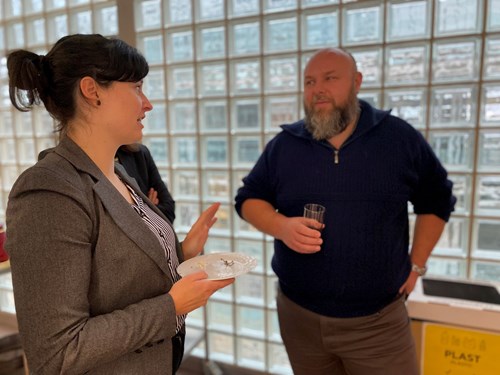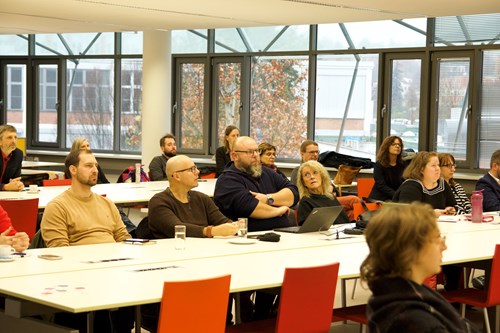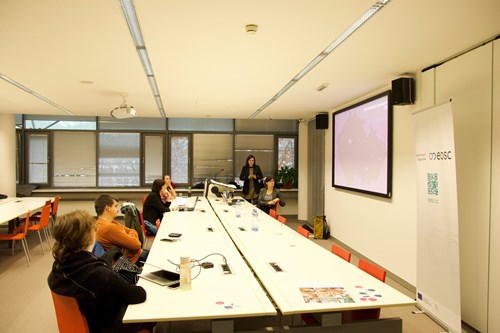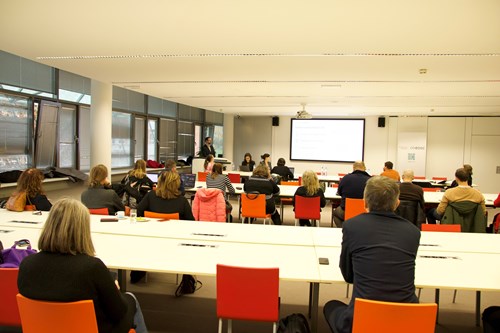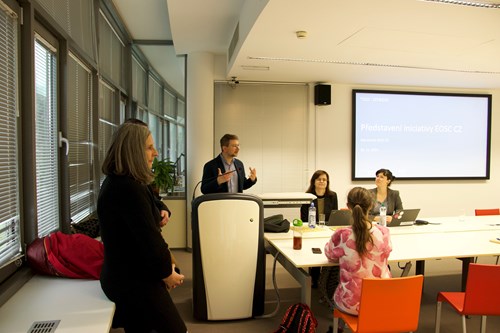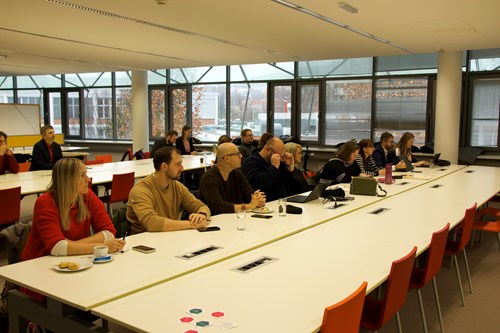The meeting was opened by the library director Ondřej Fabián and the EOSC CZ secretariat manager Jiří Marek. The introductory part presented the EOSC CZ initiative and its activities focused on scientists and research data. The discussion then focused on the current and future challenges of open science, particularly the implementation of FAIR principles in research data management and support for academia at the national level.
Much emphasis was placed on practical demonstrations and concrete examples of how FAIR principles can be effectively used in everyday scientific practice. The participants from UTB included academics, researchers and Vice-Rector for Research, Development and Creative Activities Petr Humpolíček. He actively participated in the discussion and pointed out specific problems researchers experience when working with data.
The program also included a presentation by Barbara Loskotová, who introduced her role in supporting researchers in the field of data management to her colleagues from UTB. Her presentation highlighted the importance of methodological support, review of data management plans (DMPs) and training of researchers in data management. In the interview, she outlined her professional journey and the specifics of her work at Tomas Bata University.
We also asked Vice-Rector Humpolíček for an interview to present two perspectives on open science and its implementation in the academic environment, which are complementary in many ways and point to the importance of collaboration.
Interview with Petr Humpolíček:
Interdisciplinary cooperation is the source of key results.



